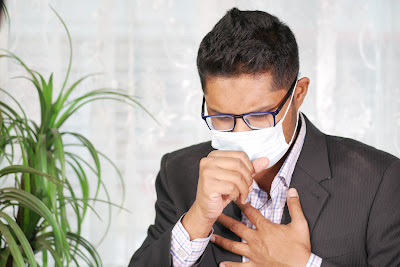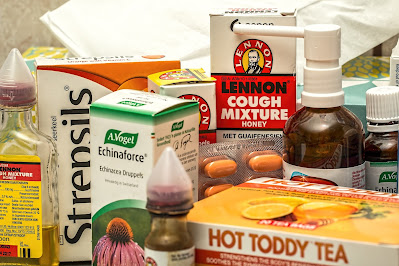 |
| Cough |
Cough
What is a cough?
A cough is an unpleasant sound that comes from the lungs to eliminate or keep away harmful air particles. The airways are narrow, with mucus (a viscous liquid) flowing inside. It can be caused by many things, including infections, allergies, asthma, or even pneumonia.
Symptoms of cough:
The main symptoms include fever, blood in the sputum, and phlegm. In the past, it was often thought that a cough was temporary, but now it seems normal to have them for weeks at a time.
Types of coughs:
There are three important types of coughs: colds, rhinitis, and bronchitis. Chills occur when there is an increase in respiratory temperature over 4°C. Usually, there is no production of blood in the nasal passages as the respiratory organs warm up. Rhinitis is caused by bacteria entering the nose through the sinuses and is usually accompanied by inflammation.
Bronchitis:
Bronchitis is the most common form of lung infection. If you have this type of disease, the disease is usually acute with no sign of recovery. Treatment includes antibiotics, steroids, and a combination of medications. However, surgery may be needed if you do not respond to other medicines or develop sepsis complications. These types of diseases can be life-long, with more severe forms of pneumonia or bronchitis for some people.
Causes of Cough:
Respiratory problems:
Respiratory problems are generally caused by inhalation of irritant gases like nitric oxide, carbon dioxide, ammonia, sulfur dioxide, etc. Other commonly suspected reasons include asthma or bronchiolitis. All these conditions are very treatable.
Foreign Particles:
Common misconceptions about coughing are that it is only a symptom of a disease, but in fact, it is your body’s way of fighting off germs, viruses, or toxins. It is caused because foreign bodies and not inhaled pollutants infect the air in the lungs. You might think that it is a side effect of certain drugs, but it usually subsides after treatment.
Natural immune system response:
Some people don’t realize that they get coughing when recovering from physical or mental illness. If they cough just before bed, they may feel uneasy the following morning or even confused. So coughing should be seen as your natural immune system response against germs and viruses. If you don’t suffer from symptoms, you probably have another reason for not feeling well.
For example, if you have been sick for an extended time and become ill again, perhaps you have some bacterial infection causing your fever or pneumonia. If there is an illness going on in your body, it means it’s probably a sign that something is afoot. If something unusual happens in your life, such as hearing voices or getting out of bed for the first time, this can also be a reason. Doctors have discovered lots of reasons why someone appears to be sick. However, the most common is some infection. But sometimes, there seems to be nothing else there.
Infection:
An infection can take various forms, from mild to severe. When some germ causes the disease, this is referred to as secondary bacterial or viral infection. Primary bacterial or viral infection occurs when a condition does not directly affect any part of the body. Most of the time, the disease is caused by an organism called streptococci in most people.
How to get rid of a cough?
The doctor will try to identify the source of the infection, and you will be asked to pay a small fee to see a specialist who can give you a diagnosis. If they cannot distinguish something as simple as a sore throat or a tick on your arm, they are likely to refer you to a GP or general practitioner. However, they will do their best to find out the bug and advise you accordingly. The doctor will keep your records for future reference, but unless they make them available to you, they will be held by law in the hands of the government.
The doctor will advise you on how best to go about it. First, they will tell you the diagnosis and name a few symptoms. Then they will suggest you take antibiotics. Antibiotics are used as a last resort, but they are most effective if taken early. They work at destroying the bacteria in the body. Once your body learns what the bug is doing to it, it will tell you to re-treat and ensure that the bug gets rid of properly. Finally, they recommend you get a flu vaccine, especially for newborns, because flu generally spreads faster between them. Fingers crossed!
 |
| Cough Medication |
The good thing is that there are many different kinds of antibiotics available, so it shouldn’t be a problem trying to figure out the right ones. Also, you will be given information on how to take care of your health, and you will know exactly when to stop taking medication. I have tried to learn to read as much as possible, using the NHS book as my bible. Of course, this doesn’t mean I still consult doctors when I am worried, but I have progressed in this area, and I enjoy reading a bit more every day. I don’t miss having the doctor.







Nice post
ReplyDeleteIf you have any doubt, let me know.